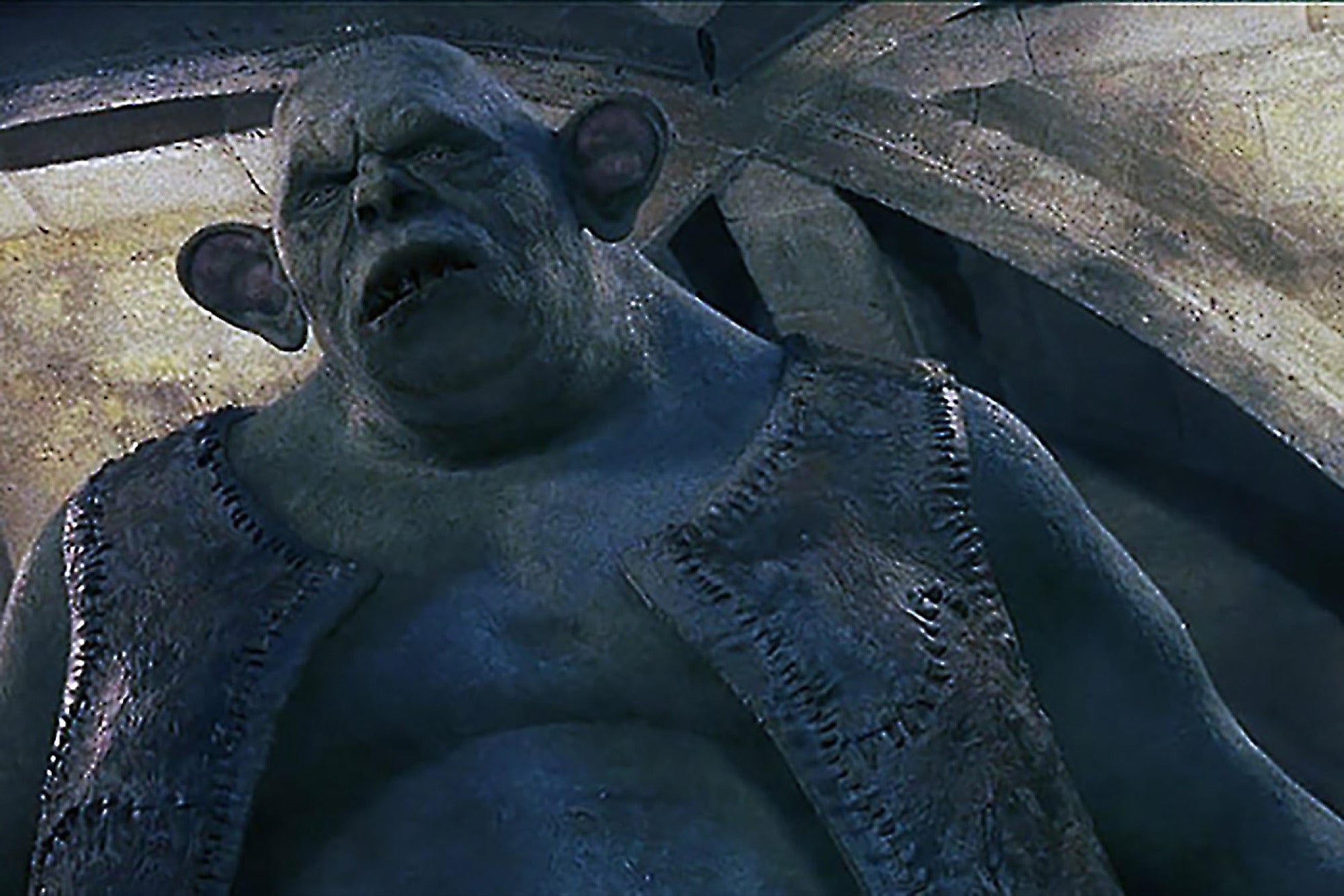The FTC Recommends Sweeping Investigation of Patent Trolls Edith Ramirez, chairwoman of the Federal Trade Commission, intends to launch a comprehensive inquiry into patent-assertion entities.
Opinions expressed by Entrepreneur contributors are their own.

The Federal Trade Commission plans to take a long, hard look at patent trolls.
Edith Ramirez, chairwoman of the FTC, today recommended a comprehensive investigation of patent-assertion entities, companies often called "patent trolls" due to their aggressive and legally questionable tactics. Patent trolls buy patents from technology innovators and threaten to sue other companies who they claim are infringing on those patents. They typically do not use the patents in any products themselves.
Patent trolls have long been the bane of tech startups, but recently they have been targeting many other types of businesses as well. Retailers are the most common low-tech targets, Ramirez told the audience at the National Press Club in Washington, D.C. Any business that incorporates tech into its products is at risk, she said. "Even hotels and coffee shops [that offer wi-fi] are not immune."
Related: Patent Trolls Hit With a One-Two Punch
The inquiry Ramirez intends to launch could uncover data and evidence to be used by Congress, federal courts, the Department of Justice and other agencies to combat the harm caused by patent trolls. For instance, she urged the Patent and Trademark Office to begin requiring that the owners of patents to disclose their identities and keep updated records of that information. Increased transparency may help prevent overly broad claims and curb patent trolls' practice of hiding behind shell companies.
Courts have a key part to play in the fight against patent trolls, by penalizing patent trolls for bringing frivolous claims, Ramirez said. Patent trolls are now responsible for 62 percent of all patent-infringement lawsuits, up from 29 percent two years ago, according to a recent White House report.
Ramirez's comments follow several executive orders issued by President Obama earlier this month commanding government agencies to begin educating and protecting small-business owners from patent troll attacks.
Ramirez acknowledged that there are "plausible upsides" to patent-assertion entities, at least in principle. For example, she said, they can help failed startups to make money off their patents, allowing investors in those companies to see a return of some kind despite the companies' closing their doors. But these benefits are largely absent when considering actual patent-troll activity, Ramirez said.
Related: Obama Goes After 'Patent Trolls'









